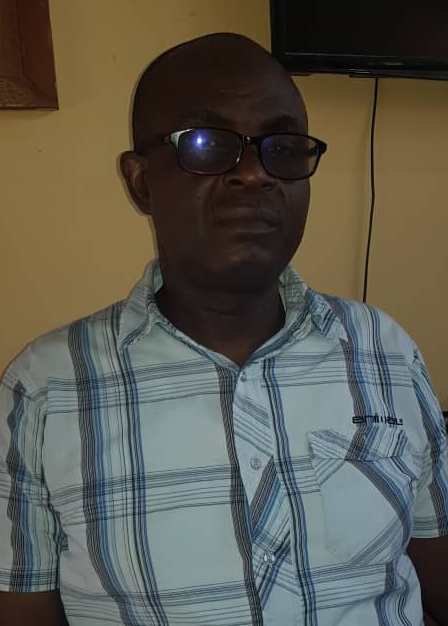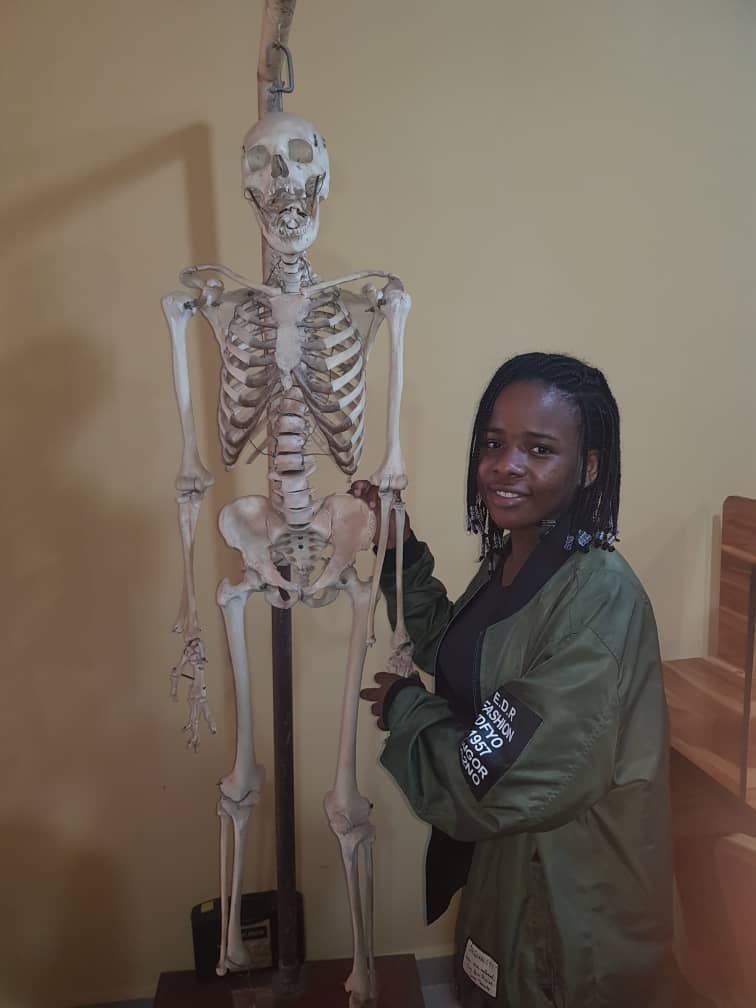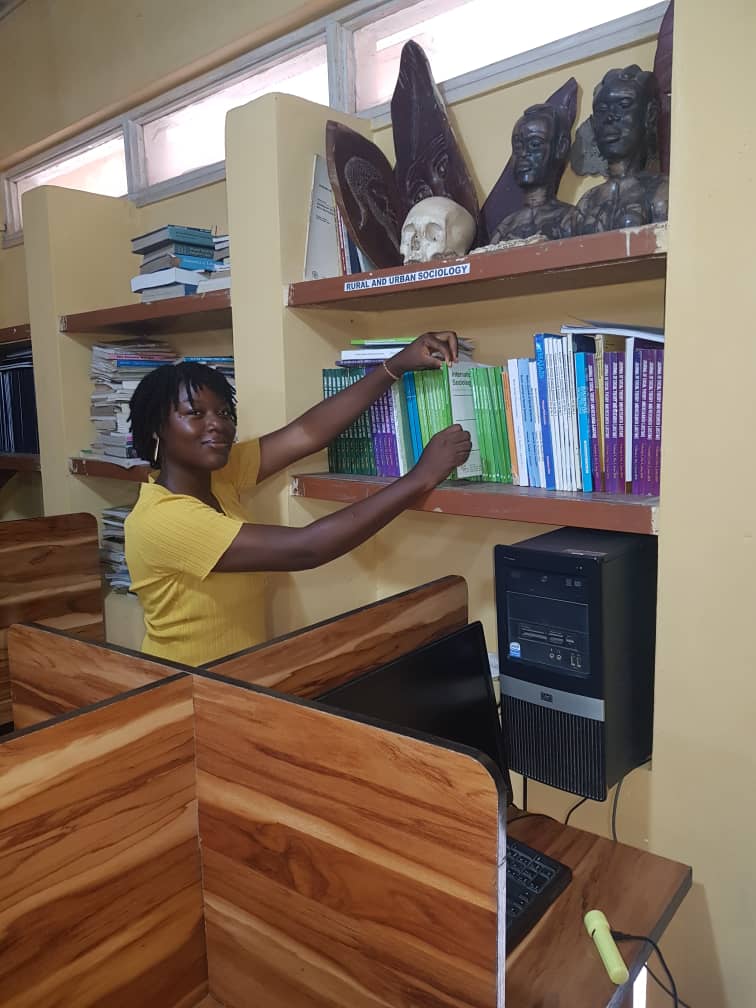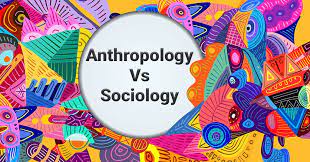
Prof. Augustine Dokpesi (Head of Department, Sociology and Anthropology )
SHORT HISTORY OF THE DEPARTMENT
The Department of Sociology and Anthropology that began in September 1975, as a sub-section of the Department of Social Studies, became an autonomous and a full-fledged Department of Sociology and Anthropology in 1977. Over the years, the Department has developed considerably that today it runs two full-fledged academic programmes, as follows:
B.Sc. Full-Time Degree Programme in Sociology and Anthropology.
M.Sc, M.Phil, and Ph.D Full-Time Postgraduate Degree Programmes in Sociology and Anthropology.
The present write-up concerns only the B.Sc. Full Time Degree Programme in Sociology and Anthropology.
THE PHILOSOPHY OF THE B.Sc. FULL-TIME DEGREE PROGRAMME IN SOCIOLOGY AND ANTHROPOLOGY
The philosophy underlying this programme is to produce a crop of graduates, who, having been exposed to a broad foundation of knowledge in the field of social sciences in general and in the various sub-fields of Sociology and Anthropology in particular, become equipped with appropriate knowledge to make their contributions to the socio-economic and political development of Nigeria, Africa and the global community.
AIMS AND OBJECTIVES
The Department aims, through exposure to concepts, theories, methods and ethnographic data to equip students with knowledge of the cultural and social world for the benefit of themselves, Nigeria, Africa and the whole world. It is desirous of giving the students a balanced and broad-based training in the science and art of examining and analyzing cultural and social systems.

ADMISSION REQUIREMENTS FOR THE FOUR-YEAR B.Sc. FULL-TIME DEGREE PROGRAMME
(i) Candidates seeking admission into this programme should possess any of the following qualifications:
(a) At least Five Ordinary Level credit passes in WASC, WAEC, SSCE/GCE, NECO, NABTEB or any of their recognized equivalents which should include English Language and Mathematics and two Social Science subjects, obtained in not more than two sittings.
(b) At least Five Merit level passes in the Teacher’s Grade Two Certificate Examination (T.C. II). The subjects must include English Language, Mathematics, Economics, Government/History and any other Social Science subject.
(ii) Acceptable passes in the Joint Matriculations Examination (UME) must be in the following areas:
Use of English
Any two Social Science subjects (Government, Geography, Economics, Commerce, Agricultural Science) and any other subject.
E. GENERAL ADMISSION REQUIREMENTS FOR THE THREE-YEAR B.Sc. FULL-TIME DEGREE PROGRAMME (OR DIRECT ENTRY)
(i) Requirements as in D (i) above, plus passes in at least two subjects at the G.C.E. (A/L) or H.S.C., including one Social Science subject.
OR
(ii) At least MERIT passes in two teaching subjects at NCE level, plus three other credit passes in GCE (O/L) or WASC or NECO. The five subjects must include English Language and Mathematics in not more than two sittings.
OR
(iii) At least a credit level pass in Diploma in Social Work (DSW), plus five credit passes in GCE (O/L) or W.A.S.C. or NECO, which must include English Language and Mathematics in not more than two sittings.
(iv) At least a B+ average in related fields in an O.N.D. Certificate plus five credit passes in GCE (O/L) or W.A.S.C. or NECO, including English Language and Mathematics in not more than two sittings.
(v) An HND in any Social Science subject.
TEACHING AND RESEARCH FACILITIES
Since research in Sociology and Anthropology is predicated on fieldwork both staff and students are continuously encouraged to engage in field research within and outside the university community, institutions, organizations, and the Nigerian society at large. Students use the immediate social environment for fieldwork practicum in research methods courses. In the final year, students are required to write a project paper that must be based on fieldwork conducted in any community.
Research activities of the teaching staff are varied and cover the diverse areas of specializations of the individual academic staff. Such specializations include: population studies, complex organizations, development studies, globalization studies, ethnography, deviance and criminology, industrial and labour relations, medical and health sociology and anthropology, museum studies and management, collective behaviours and social movements, etc. These specialized areas also form the pool from which courses are selected for teaching the students of the Department.

STUDENTS ORGANIZATIONS AND PUBLICATIONS
The Department houses the University of Benin Branch of the Nigerian Students Anthropological and Sociological Association (NSASA). This is the main Association of all Nigerian Students studying Sociology and Anthropology in all Nigerian Universities. Exclusively, the students of the department run the Association under the supervision of a Staff Adviser. The NSASA publishes an annual magazine called The Socio-Anthropologist. Furthermore, the students of this Department also belong to the wider University of Benin Students Union. Finally, the students are also free to join other University recognized student’s associations
